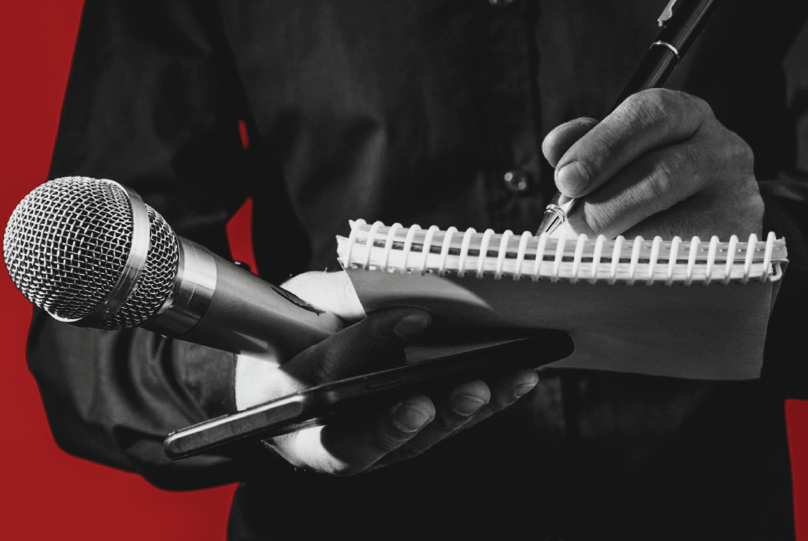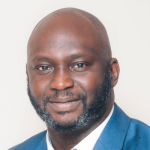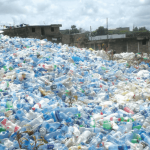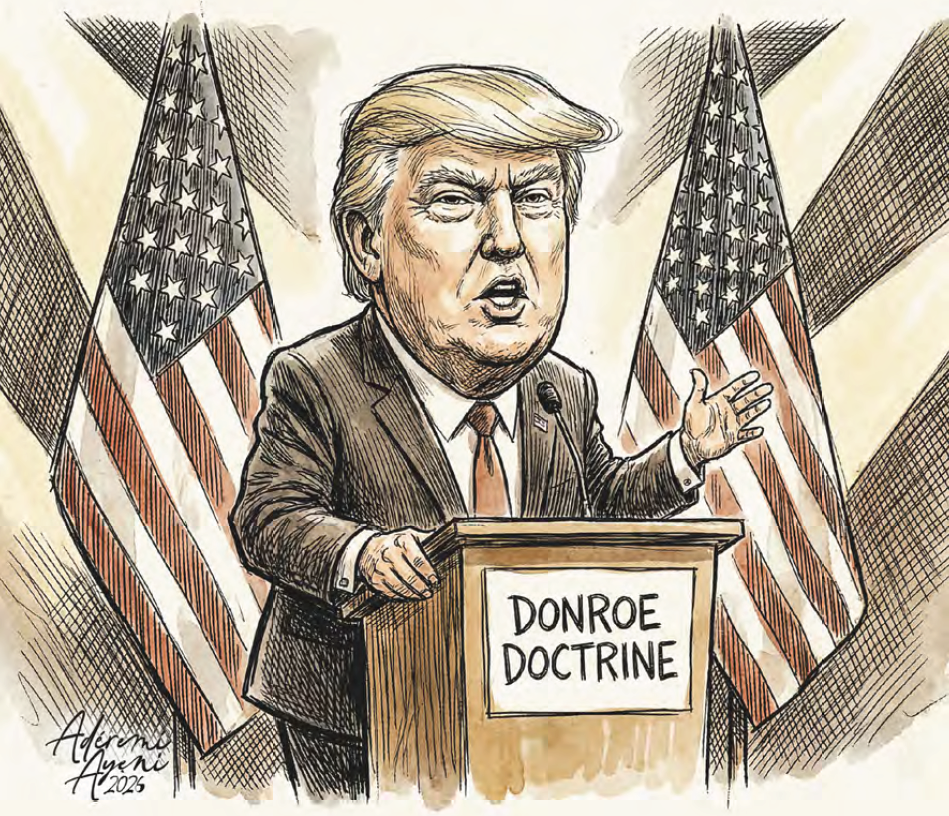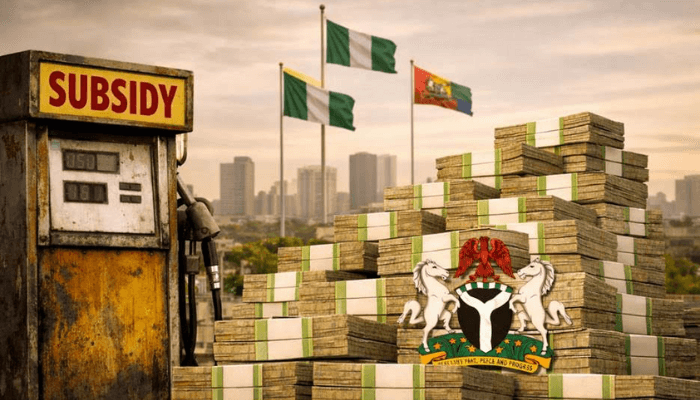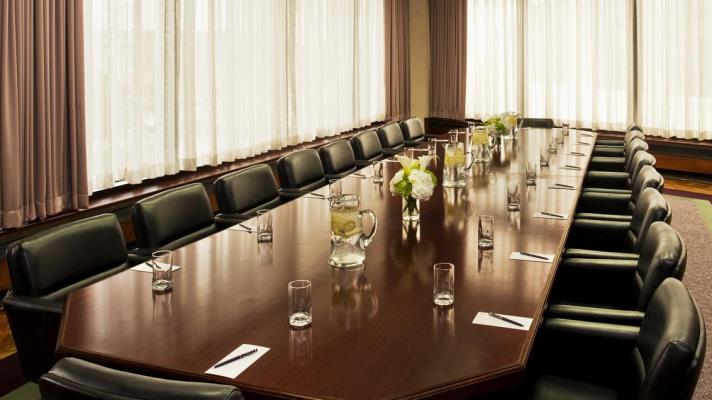When President Bola Tinubu proclaimed in Brazil that Nigeria has “conquered corruption,” the statement landed with the hollow ring of wishful thinking against a backdrop of lived reality. For a nation where a former head of State was alleged to have siphoned $3-5 billion from public coffers, some of it still being recovered decades later, such declarations feel more like diplomatic theatre than substantive reality.
As communication scholars and media professionals gather this week for the Association of Communication Scholars & Professionals of Nigeria’s 12th annual conference, the theme could not be more urgent: understanding how corruption, governance, and media intersect in ways that either perpetuate or dismantle the very foundations of democratic society.
The uncomfortable truth is that Nigeria’s corruption landscape operates with surgical precision, employing tactics that researchers now recognise as “weaponised corruption”, the deliberate deployment of graft as a tool of statecraft and control. This is not merely about politicians enriching themselves; it represents a sophisticated system where corrupt practices become instruments for maintaining power, silencing dissent, and compromising institutions.
When officials with questionable backgrounds are deliberately appointed to sensitive positions, they become malleable assets, easily controlled through their vulnerabilities. This strategic corruption creates a dependency chain that extends far beyond individual malfeasance.
Consider the mechanics of institutional capture that scholars and media professionals witness daily. Research demonstrates that deliberate underpayment of wages to key societal groups, including academics, journalists, civil servants, and law enforcement, creates a breeding ground for compromise.Wages are kept low to keep these groups dependent on “benefactors”.
When salaries fail to meet basic needs, corruption transforms from moral failing to survival strategy. Police personnel earning N50,000 monthly, barely enough for rent in many neighbourhoods, faces a clear choice: maintain ethical standards while struggling financially, or find ways to supplement income through the informal economy of favours and kickbacks.
Economic vulnerabilities do not occur by accident. Studies from multiple developing nations, as well as the World Bank, confirm that poor wages correlate directly with higher corruption rates, as individuals rationalise unethical behaviour as necessary for survival. In Nigeria’s context, this translates to journalists who might soften coverage of certain politicians in exchange for “benefits” in whatever form; academics who double as INEC returning officers and become the cynosure of politicians; or police officers who view checkpoint bribes as deserved income supplements.
The media’s role in this ecosystem proves particularly complex. Investigative journalism has exposed significant corruption, from fuel subsidy scandals to constituency project diversions; however, the industry itself operates within constraints that limit its effectiveness. Media houses struggling with advertising revenue and operational costs become susceptible to influence from political and business elites. When newspapers overdepend on government advertising or politicians’ goodwill for survival, editorial independence becomes a luxury few can afford.Journalists go for months with unpaid salaries; sources of supplementing such income could be anyone’s guess.
This dynamic creates what researchers identify as “corruption complicity”, not necessarily through malicious intent, but through systemic pressures that encourage silence or selective reporting. The result is a media landscape where certain stories remain untold, certain investigations never begin, and certain questions go unasked. Communication scholars and media professionals must confront uncomfortable realities about their own institutions. Research shows that media silence in the face of known corruption enables its perpetuation by reducing accountability and allowing disinformation to flourish.
When corruption becomes normalised through repetitive coverage that treats it as inevitable rather than aberrant, or through academic discourse that presents it as culturally determined rather than systemically manufactured, they contribute to the problem they claim to address. Communication scholars bear responsibility for producing research that illuminates corruption’s mechanisms rather than merely documenting its existence. Academic institutions must resist the temptation to sanitise findings for political palatability or funding considerations. This is not about confrontation but constructive pressure, building narratives that inspire reform rather than despair.
All told, the Nigerian media has performed far better than most national media under similar conditions.Though often hedged in by forms of ownership and self-imposed limitations, it has done a lot to exposed corruption in Nigeria.However, there is more work to be done; they must embrace their watchdog function more systematically. The time has come for media houses and the academia to collaborate to build networks of investigative journalists who can share resources and expertise while protecting each other from retaliation.
Most critically, both groups must recognise their role in shaping public expectations about governance. The path forward lies in reclaiming their mandate as truth-tellers. Through rigorous analysis, compelling stories, and unwavering integrity, they can illuminate the shadows, fostering a governance that serves all.
The Tinubu administration’s corruption declarations will ultimately be judged not by presidential proclamations in foreign capitals, but by measurable changes in institutional behaviour, transparency metrics, and public trust indicators. Communication scholars and media professionals possess the tools to document, analyse, and publicise these realities.
Their willingness to use these tools, despite economic pressures, political intimidation, or social expectations, will determine whether Nigeria’s corruption conversation evolves beyond rhetoric toward genuine transformation.The mirror they hold up to society must reflect truth, even when that truth proves uncomfortable for those who prefer the comfort of carefully constructed mirages.




